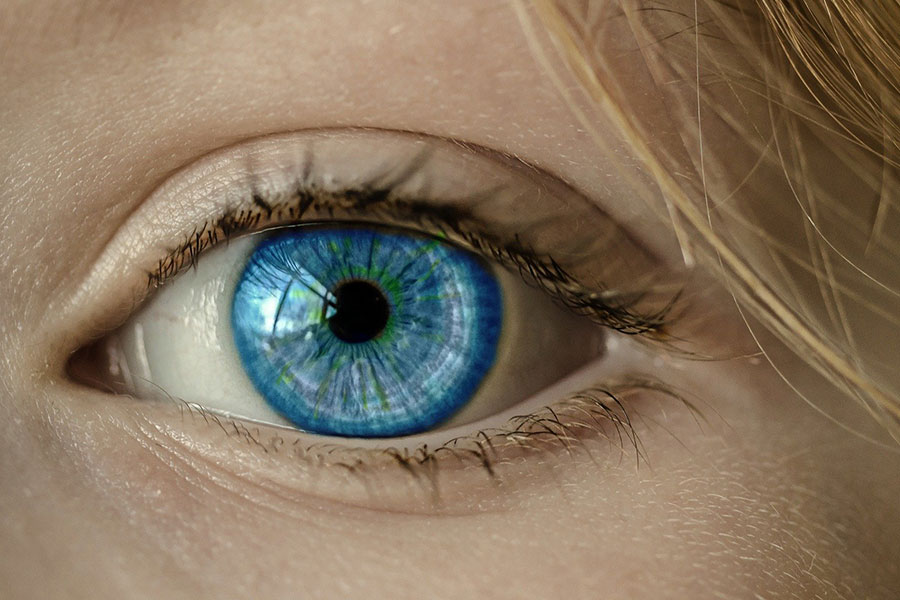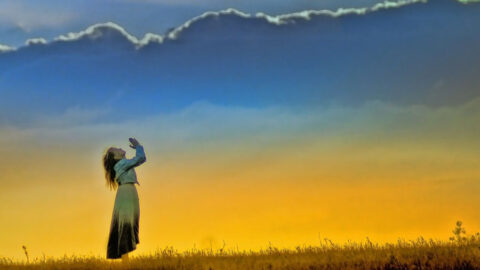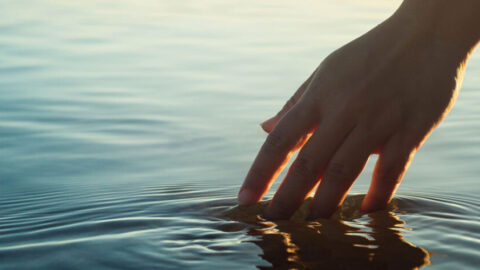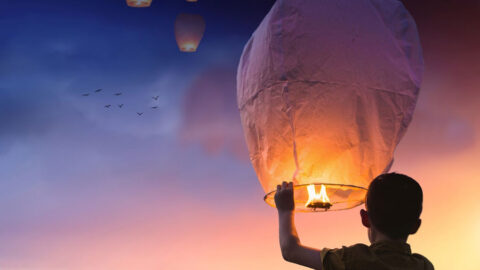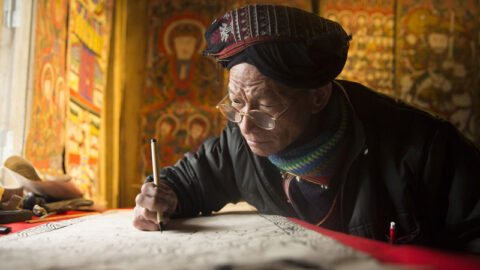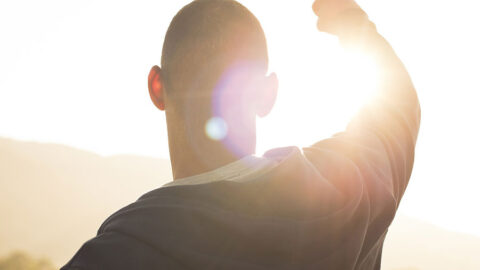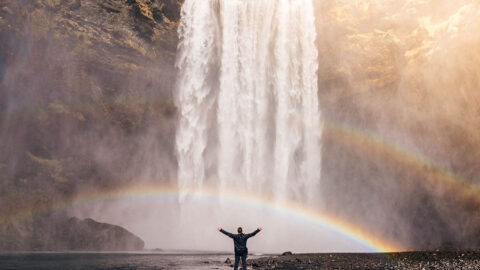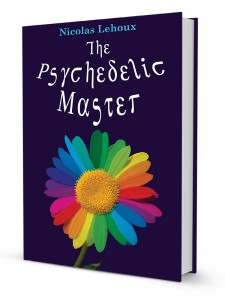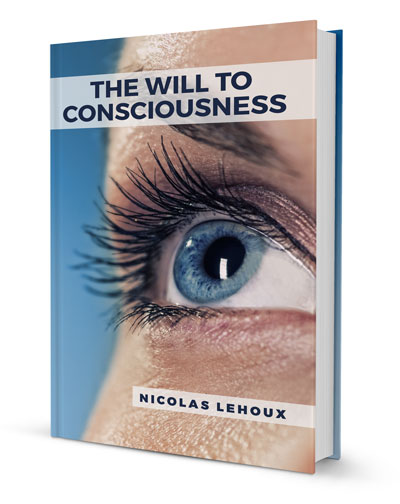Extract from The Will to Consciousness
.
31
In the Western world of this early twenty-first century, it is impossible to live in a willfully conscious way. The one who does so lives under the law of exception. The general law ensures that nobody can awaken, but a few individuals do manage to slip through the cracks. It can be a living hell for them when they realize they are alone in this world and that nobody really has the will to change radically. Living in a willfully conscious manner is inaccessible to humans—very few can claim to have established this state in themselves. A human is a soulless machine. There is nothing inside—neither God, nor soul—and when he dies he has no chance of attaining immortality. To do so, he would have to crystalize the awakened state in himself while alive so that by the time of death he has made a habit of living in eternity.
32
Only he who allows himself to Be can pursue the willfully conscious life. The Living God recognizes that consciousness is his most permanent quality. To latch on to it becomes his only viable option.
33
I applied myself to the study of what others before me said about this state we call “enlightenment.” I pored over all traditions and found that, beneath the surface, they had a common core. It was while reading Aldous Huxley’s The Perennial Philosophy that I understood there had to be a common thread running through the various definitions and techniques leading to enlightenment. I reached an all-encompassing perspective of the traditions, which I then synthesized to be able to integrate my knowledge into a concrete way of life. I unraveled religious symbolism to get to this common core that led me to my center. In that moment, I awoke something powerful. I felt like I had done the impossible, that I had arrived. I stopped searching because I had found the absolute. All I had to do was integrate the experience in the world without losing myself in the immensity of what I Am. From that point on, to live in a willfully conscious manner was no longer an option, but an obligation.
34
The one who knows to look inside himself for answers understands that knowledge is not something that is learned. He may learn things through study, but the essential need not be studied. An individual can awaken without having gone to school.
35
What I do best, nobody taught me. I learned, like a primate would, to mimic my fellow creatures to be able to live in the world, but for me happiness is innate. I am joy. In other words, I did not learn to live in a willfully conscious manner, I gave myself permission to do so. I surrender myself to be what I Am by forgetting society’s programs and concentrating on the essential.
36
It is through writing that I obtain the best vantage points on the world and on myself. They are there in me, ready to manifest. I know things I did not even imagine I knew. Is this learned ignorance? No matter how we define this source of inexhaustible knowledge, my only desire is to cultivate it.
37
Being willfully conscious, I have access to knowledge. I know what I have to do every second. I don’t think we can reduce this to simple intuition. It’s much more than that. It’s direct access to a universal data base which is available to me as long as I remain in harmony and centered. Only then, perched high on the summit of my Being, can I spy the entire world. I found the panoptic that gives me access to everything I want to know. Nothing is out of my grasp. A question contains its own answer, otherwise it is not a real question.
38
To be willfully conscious is to be in harmony with what I have set out to be. It is to be attentive to all details in order to appreciate them for their true value. When you have access to the Great All you need profound discrimination.
39
I do not pretend to know everything. Of what benefit is that, anyway? I know what I need to know to remain harmonious. If I lack some knowledge, I meet a teacher or I have the intuition to teach myself. I do not encumber my mind with the superfluous. I have a lot of respect for myself. If I learn, it is for the pleasure of it and I never forget that I already have a grasp of the essential, that happiness is the most permanent state and if I live it in full consciousness, chances are this state will outlive me. This state is more my self than myself.
40
In life, the plateaus are the most difficult to bear. Monotony sets in, automatisms develop and this false security incites us to be less attentive because we think we already know what will happen. Plateaus are a daunting challenge to the willfully conscious life because they provide multitude opportunities to retreat to the commonplace. When everything moves at speed—when life is full to the brim—our focus is essential and all our senses are on alert. Plateaus, on the other hand, make us negligent and torpid. It therefore behooves us to constantly develop effective strategies to stimulate our attention because the conscious life is the only one that really matters.
.
Extract from The Will to Consciousness

